Can Tho City will issue local government bonds to mobilize about VND2,000 billion in the next two years for development investment.
The bond issuance plan is being implemented by Can Tho City. Accordingly, the amount of money mobilized is about 1,000 billion VND per year (2,000 billion VND in two years) will be invested in building key local projects, resettlement projects, landslide prevention, and urban beautification. The source of funds to be repaid when due will come from the city budget.
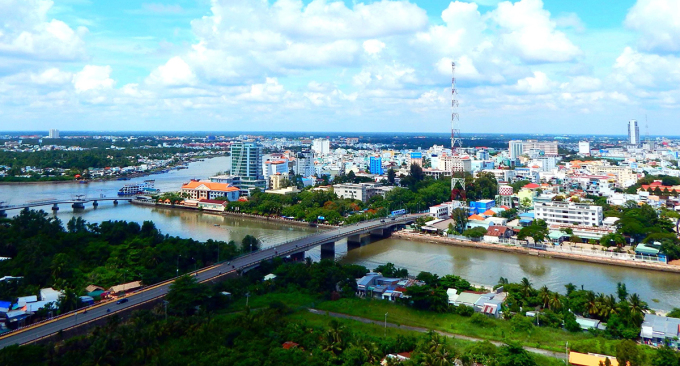
A corner of Can Tho City in the central district of Ninh Kieu. Photo: An Binh
The bond issuance is carried out in accordance with Resolution No. 45/2022 of the National Assembly on piloting a number of specific mechanisms and policies for the development of Can Tho City. Accordingly, the locality is allowed to borrow through the issuance of local government bonds, from domestic financial institutions, foreign loans from the Government... with the total outstanding loan amount not exceeding 60% of the city's budget revenue according to decentralization.
In 2023, Can Tho's budget revenue is estimated to reach more than 10,000 billion VND. Thus, the locality will be able to borrow a maximum of more than 6,000 billion VND. Of which, Can Tho's total expected outstanding debt by the end of 2023 is 2,685 billion VND, so the additional loan amount is about 3,329 billion VND. In 2024, Can Tho's estimated domestic revenue is more than 11,600 billion VND. At that time, the local budget revenue will be 11,115 billion VND, corresponding to the city's maximum total outstanding debt of over 6,600 billion VND.
According to the plan for next year, this locality will continue to implement the Urban Resilience Development and Enhancement Project using re-loan capital from the Government's ODA loan source with an amount of over VND 1,320 billion and is expected to issue local government bonds worth VND 1,000 billion. Thus, the total outstanding loan balance expected by the end of 2024 of the city will not exceed the allowable limit (over VND 4,700 billion).
Can Tho is one of the five centrally-run cities and the largest urban area in the Mekong Delta with a population of over 1.2 million. In the 2015-2020 period, the locality achieved an average economic growth rate of 7.53% per year, with an average income per capita of 97.2 million VND (equivalent to 4,136 USD); export turnover of goods and services earning foreign currency reached over 11 billion USD (an average increase of 19.75% per year).
In the 2020-2025 period, Can Tho aims for an economic growth rate (GRDP) of 7.5-8% per year. The average gross regional domestic product per capita by 2025 will reach 145-160 million VND, equivalent to 6,200-6,800 USD. The poverty rate will be reduced to below 0.5% by 2025.
Can Tho is assessed to have developed incommensurate with its location and potential. The quality of urban planning is not high, there are many shortcomings such as: unsynchronized infrastructure, traffic congestion, increased flooding, environmental pollution, illegal construction...
During this term, the city focuses on building and developing into a civilized and modern urban area with strong characteristics of the Southwest region; being the center of the Mekong Delta in terms of industry, services serving the processing industry and high-tech agriculture; education and training, specialized healthcare...
An Binh
Source link


![[Photo] National Assembly Chairman Tran Thanh Man meets with outstanding workers in the oil and gas industry](https://vstatic.vietnam.vn/vietnam/resource/IMAGE/2025/4/17/1d0de4026b75434ab34279624db7ee4a)
![[Photo] Nhan Dan Newspaper announces the project "Love Vietnam so much"](https://vstatic.vietnam.vn/vietnam/resource/IMAGE/2025/4/17/362f882012d3432783fc92fab1b3e980)
![[Photo] Closing of the 4th Summit of the Partnership for Green Growth and the Global Goals](https://vstatic.vietnam.vn/vietnam/resource/IMAGE/2025/4/17/c0a0df9852c84e58be0a8b939189c85a)
![[Photo] Promoting friendship, solidarity and cooperation between the armies and people of the two countries](https://vstatic.vietnam.vn/vietnam/resource/IMAGE/2025/4/17/0c4d087864f14092aed77252590b6bae)

![[Photo] The beauty of Ho Chi Minh City - a modern "super city" after 50 years of liberation](https://vstatic.vietnam.vn/vietnam/resource/IMAGE/2025/4/18/81f27acd8889496990ec53efad1c5399)




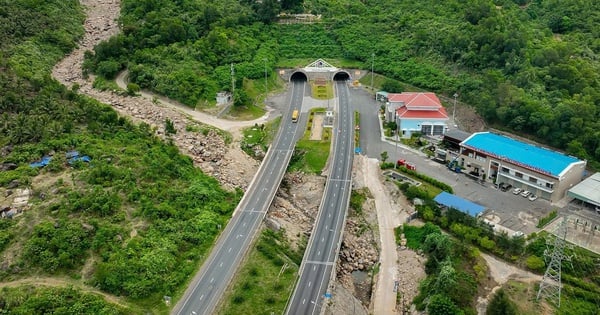



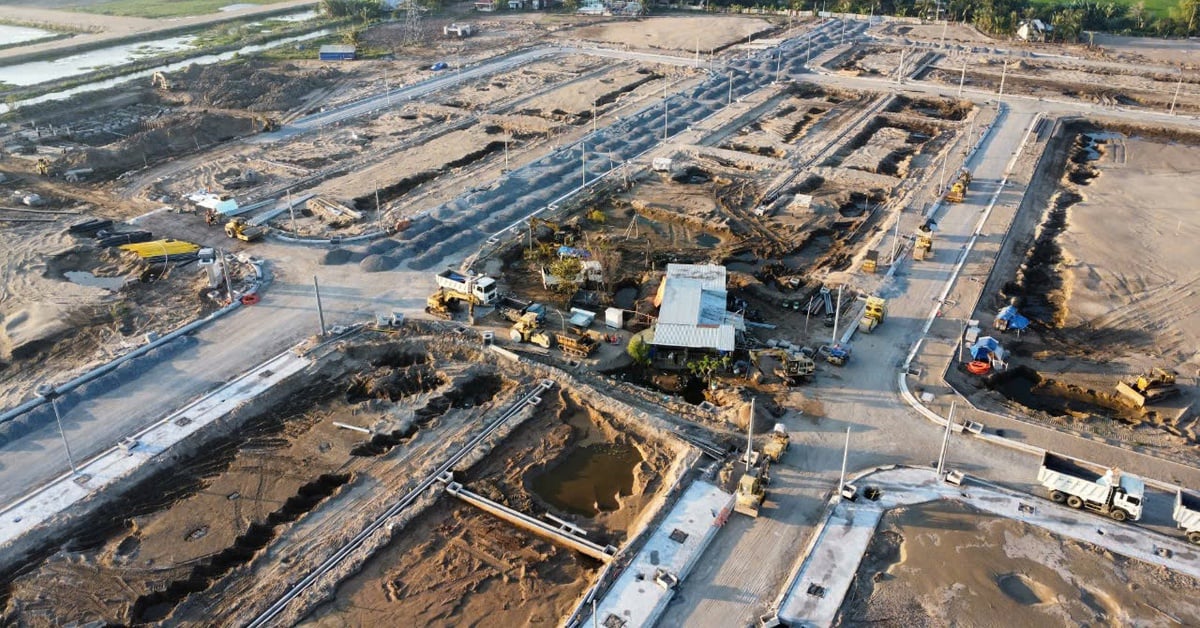

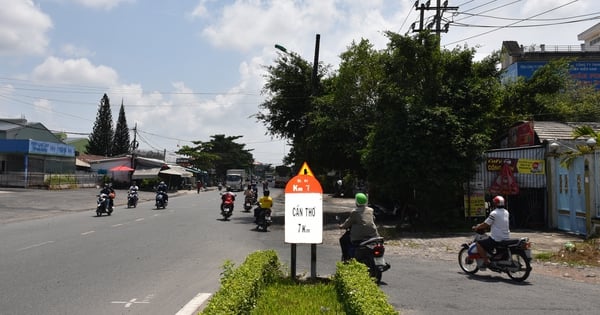
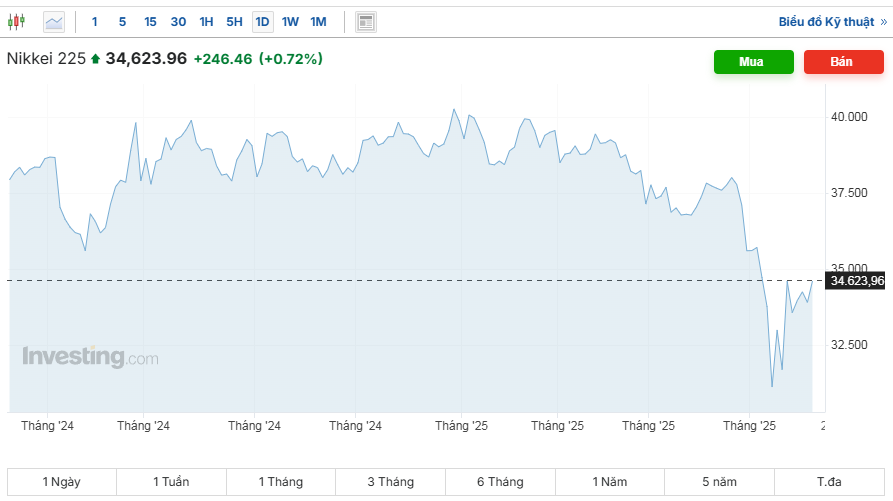



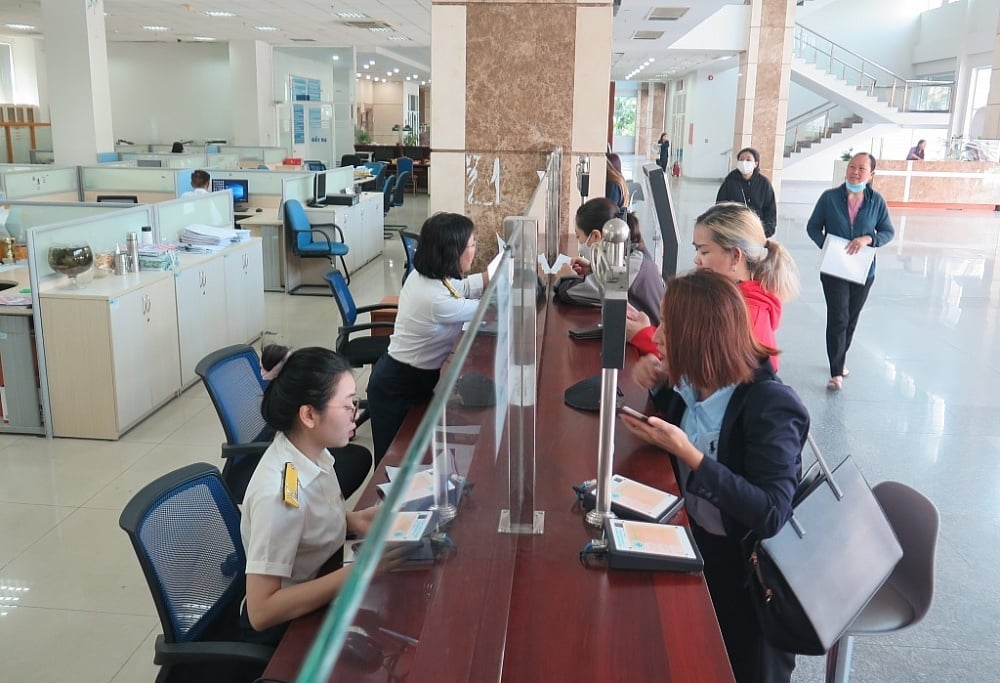











![[Photo] General Secretary To Lam receives French Ambassador to Vietnam Olivier Brochet](https://vstatic.vietnam.vn/vietnam/resource/IMAGE/2025/4/17/49224f0f12e84b66a73b17eb251f7278)

























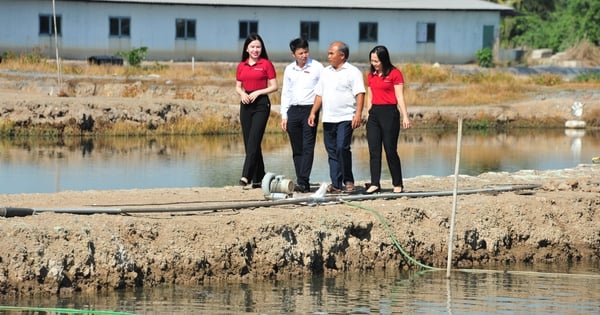


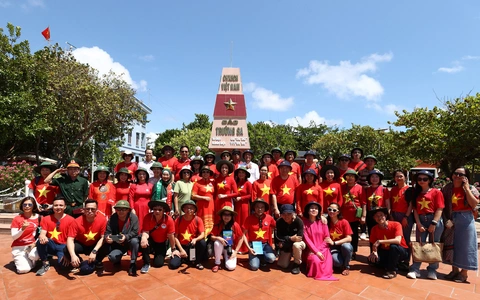

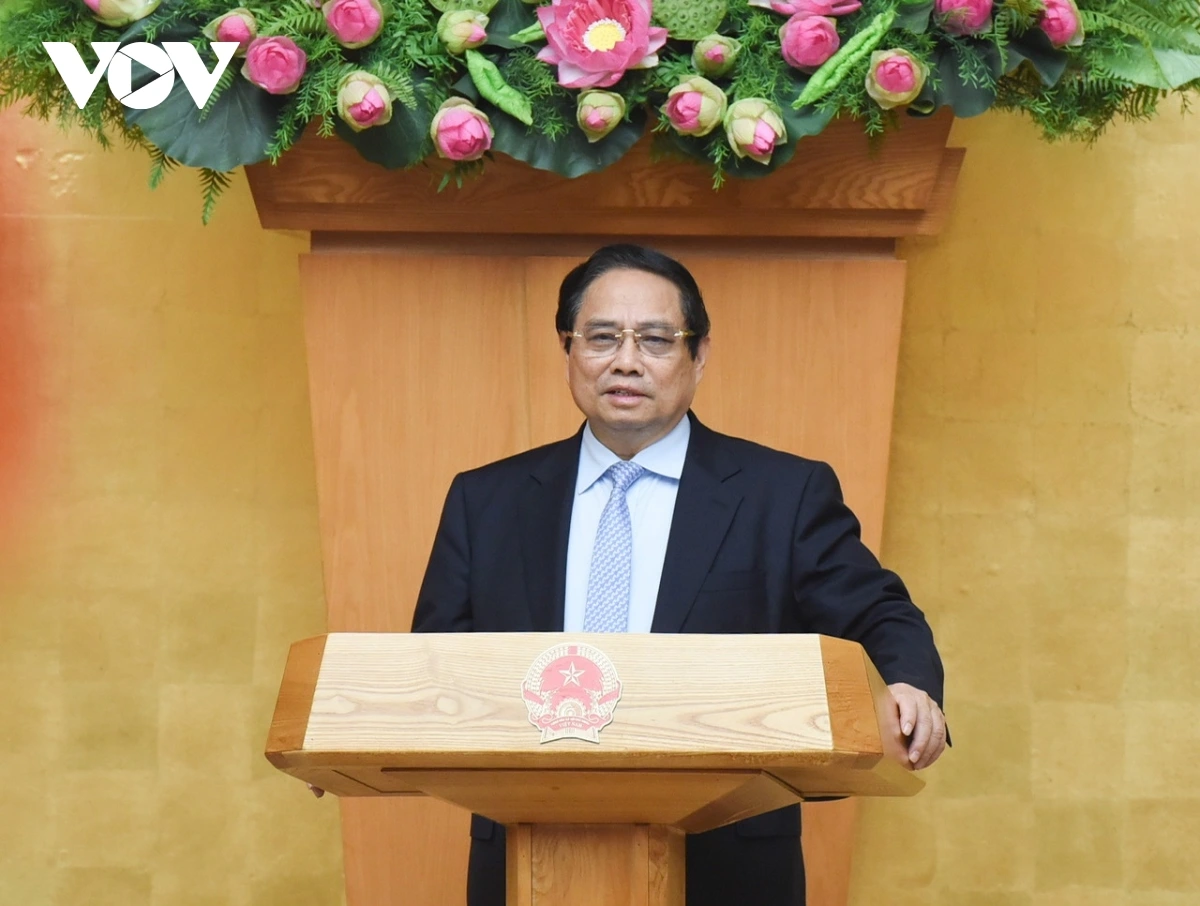











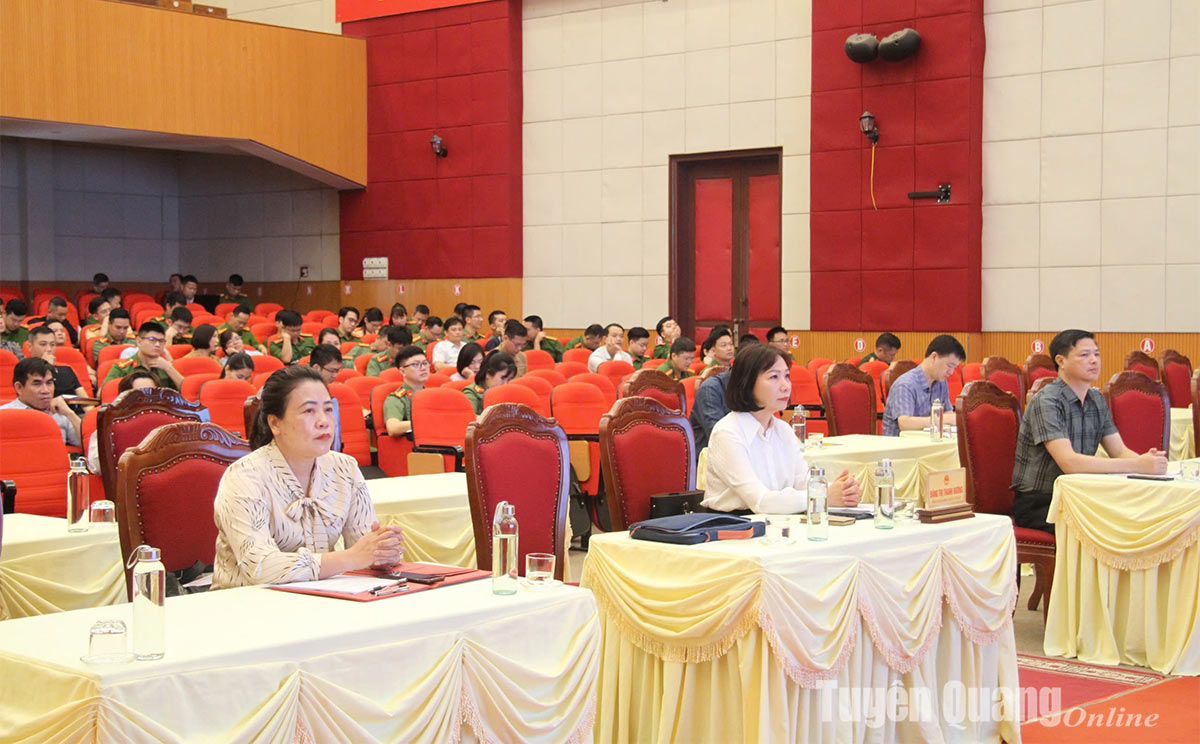

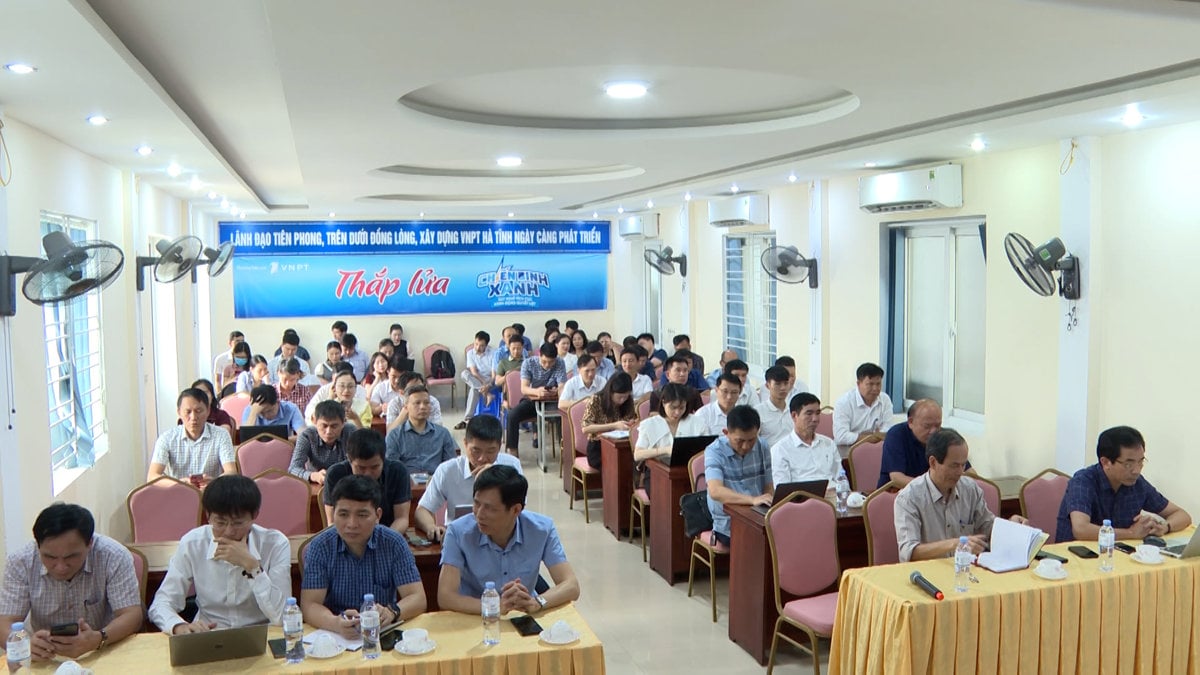


















Comment (0)